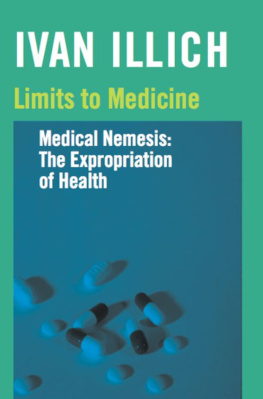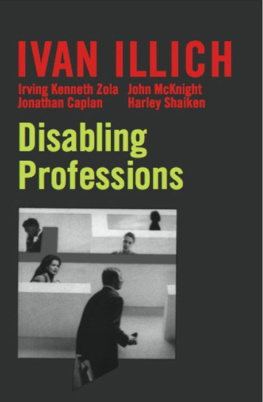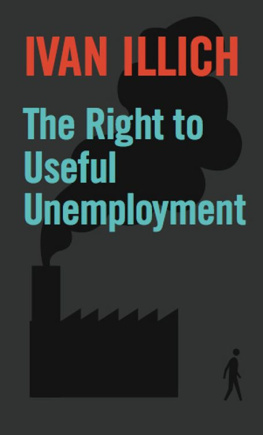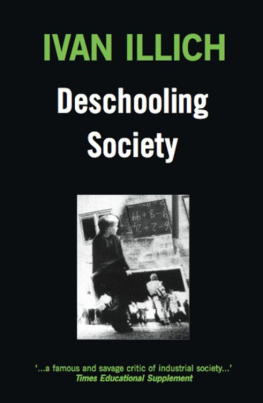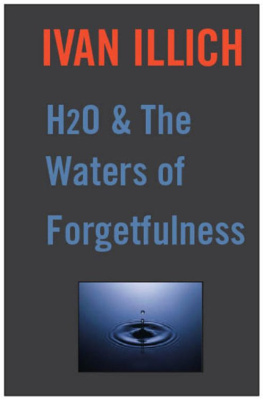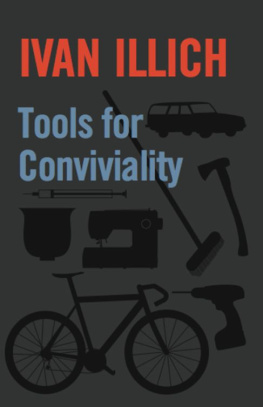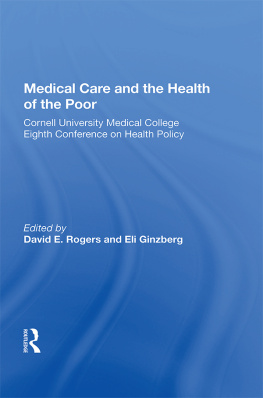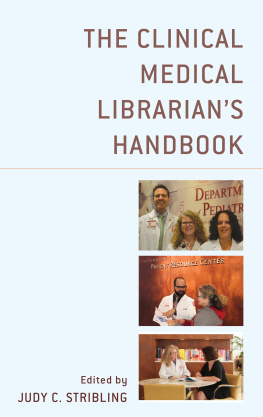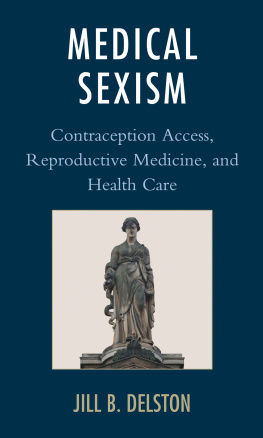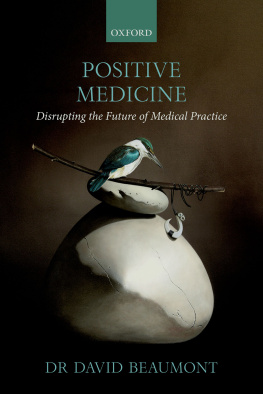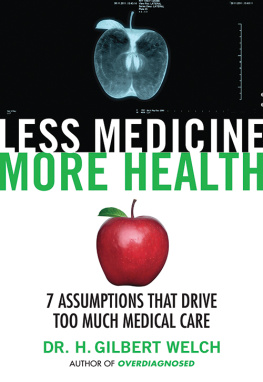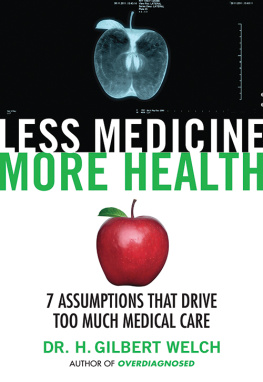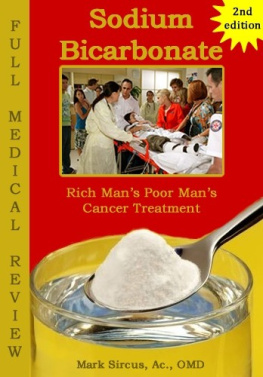Pathogenesis, Immunity and the Quality of Public Health
A Lecture given at the Qualitative Health Research Conference, Hershey, Pennsylvania. June 13th, 1994
Professor Janice Morse:
I am honoured by your invitation to address this second assembly of nurses who have organized themselves to act as learned watchdogs over the quality of Health Care. I have been invited as the author of LimitstoMedicineMedicalNemesis, a book that was published some twenty years ago. I am not a nurse and, emphatically, I do not care about health. I teach about the history of friendship and the history of the art of suffering.
I am trained as a medieval historian and philosopher. I come here because Professor Carl Mitcham encouraged me. We are associated in research on the symbolic effects of technique: we study what technique says rather than what it does. The predicament which you are facing at this second meeting of your association seems to both of us relevant to our theme.
You study the quality of health care. What is it you focus on: is it the delivery of services or of messages? I would like to distinguish between those among you who want more, better, cheaper and less degrading services for more people, and others who want to do research on pathogenic myths and certainties that result from financing and organizing health care rituals. To accomplish this delicate task, I will tell you my own story. I will tell you about my intellectual growth beyond MedicalNemesis, presenting my story as a cautionary tale.
I welcome this occasion to make public amends for something I did when I wrote that book. I wrote MedicalNemesis as one of four essays which examined the symbolic power inherent in modern techniques to shape our basic certainties. In each essay, I used a different method to examine four major institutions, each serving as a screen on which to project my observations. In Nemesis, I took 1970s medicine and studied it with a method which demonstrated the paradoxically counterproductive effectiveness implicit in disproportionate techniques. With my description uncovering clinical, social and cultural iatrogenesis, namely, the production of multiple misery, I did not target the medical establishment for reform. I used medicine as a paradigm for any mega-technique that promises to transform the conditiohumana, I examined it as a model for any enterprise claiming, in effect, to abolish the need for the art of suffering by a technically engineered pursuit of happiness. I analyzed the development of health care parallel to that of education, transportation, human garaging, and so on, conscious that in the case of institutionalized hygiene, the pursuit of happiness is translated into the pursuit of health.
After nearly a quarter of a century, I am still satisfied with the substance and rhetoric of Nemesis. The book opened up a discussion on counterproductivity and the history of needs. But it did something else also: it brought medicine back into the realm of philosophy. My focus on the culture of suffering was the appropriate antidote to the emerging epidemic of bioethics. By reducing each person to a life, bioethics is helpless to prevent total management of the person, now transformed into a system.
However, I now see a serious flaw in my approach that would vitiate my current intent. I then conceived of health as the intensity of autonomous coping ability. When I wrote that, I was unaware of the corrupting effect that system-analytic thinking would soon have on perceptions and conceptions. I was unaware that by construing health in this self-referentially cybernetic fashion, I unwittingly prepared the ground for a worldview in which the suffering person would get even further out of touch with the flesh. I neglected the transformation of the experience of body and soul when well-being comes to be expressed by a term that implies functions, feedbacks and their regulation. Ten years of research with Barbara Duden on the history of the experienced body, and several seminars on the history of the gendered self at the Wissenschaftskolleg (Berlin), in Marburg and in Penn State still lay before me.
That is the reason why I am worried by the fact that most of the current sales of LimitstoMedicine in several languages are bulk orders from medical schools. The book is being read as a demonstration of how you can eat your cake and have it too. You can obliterate the experienced sensual body of the past by conceiving of yourself as a self-regulatory, self-constructing system in need of responsible management and, in spite of this disembodiment, claim that you stand within the tradition of the art of suffering and the art of dying. I wrote Nemesis to illustrate what the health care system says, but I did not sufficiently stress its subtle structures which pattern our response, turning us into subsystems.
Qualitative Research
You are the perfect audience to hear my story and understand it as a cautionary tale. Most of you are graduate nurses. Those with whom I had breakfast, and those with whom I lunched, impressed me greatly. Shocked by what they were asked to do as nurses, they went on to graduate schools with the intent to do something about the system. They finished studies in ethnology, sociology, anthropology and psychology. In the late 80s, you formed your organization. You did so for mutual support in the research on the experience of encounters with the health care system. In medical circles, your initiative was less than welcome. Nevertheless, you had a few fruitful years with some definite institutional impact.
This cannot but change. I can smell that you are on the point of being co-opted. The American Medical Association now spends more than most U.S. industries on public relations. Just consider the glossy ten-page colour spread in Time and Newsweek. Competing for these public relations, you win hands down. Grants for each of the 330 papers presented at this meeting can be justified because such studies establish that professionals who provide care do indeed care for their clients whether this is true or not.
From my contacts here, I have learned that not all of you left actual nursing to spend your lives oiling care delivery with good will, or doing engineering research on simpler means that would produce higher rates of client-perceived utility. I have met those of you who want to decipher the melody that the care system drums into us. They are the ones who intend to train cynical philosophers to bark fearlessly at a contemporary paradox: the organized pursuit of health has become the principal impediment to suffering experienced as a dignified, meaningful, patient, loving, beautiful, resigned and even joyful embodiment.
As long as you were protected by initial liminality, it was possible to envisage our care system as the institutional structure of a pathogenic pursuit of health. My hosts seminars in Penn State on the history of health-related words and concepts is a good example. But once you enjoy professional status within the system, you lose much of this freedom. Those who will then want to do research on the art of suffering in our culture rather than on postmodern health will have an increasingly difficult time. They are the ones to whom I especially direct my story. They are the ones with whom I want to plead for research on the symbolic function of the health care conglomerates. What does it tell about who we are, rather than howwell we pursue health.
Medical Nemesis
The opening sentence of LimitstoMedicine was an indictment: The medical establishment has become a major threat to health. It seems strange now that this sentence could shock and anger in 1975. Today, its trite. I argued that the layman and not the physician has the potential perspective and effective power to stop the current iatrogenic epidemic. Now the Clintons search for what I called a conceptual framework within which to assess the seamy side of progress against its more publicized benefits. The same Congress that has effectively fired 2300 physicists who were working on research for the supercollider now does what I argued for. It reclaims its own control over medical perception, classification and decision-making. What is it, then, that I now regret?

